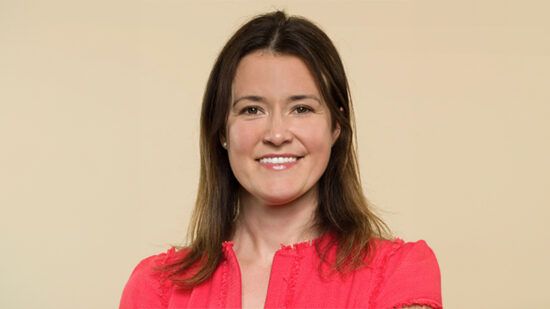COP29 in Baku has left many with mixed emotions — hope for the modest progress achieved and frustration over how much remains to be done to combat climate change. The $300 billion annual deal to help finance climate mitigation and adaptation in developing countries feels more like a symbolic gesture than a solution proportionate to the crisis in a new geopolitical context where priorities are changing.
COP29 highlights the tensions around climate issues that are becoming increasingly complex in the current political and social context.
It has become clear climate change has been de-prioritised in political agendas. Look no further to the United Nations General Assembly in September where the climate was barely mentioned, except by President Lula whose country, Brazil, will be hosting the next COP.
The political disengagement can be attributed to competing crises (economic, geopolitical) as much as a weariness in the face of discourses about the climate emergency that struggle to produce concrete results.
The problem also is that climate has become a “toxic topic” where actions or proposals in favour of climate are now almost systematically caricatured as opposed to progress. In recent years, an ideological divide has emerged where the protection of our planet is perceived as a threat to the economy and individual freedoms.
And this trend is gaining momentum in many regions of the world, including Europe, where climate policies are clashing with populist movements and economic resistances. Germany, for example, is currently facing challenges with its automotive industry which struggles to transition to electric vehicles. The country is also experiencing a rise of the far-right (AfD), which considers environmental policies to be against the people’s interests.
But despite the tensions, Europe remains overall committed to the transition. Polls show that 70% of Europeans want more ambitious measures to combat climate change as the damage caused by rising temperatures become more visible to them.
And there are other reasons to remain optimistic about the transition.
First, there is increased international competition that businesses can’t ignore. China is a key player in green technologies, with massive investments and a dominant position in the renewable energy sector and electric vehicle market. Even if the US aim to significantly reduce Chinese imports by imposing higher tariffs, other countries will be buying more and cheaper green technology from China. According to the International Energy Agency, China is set to account for 60% of the expansion in global renewable energy capacity to 2030.
Moreover, in the US, it is unlikely that the Inflation Reduction Act will be fully repealed because of the benefits it has brought to many Republican states. And while we can expect Trump’s policies to slow down the transition by cutting incentives for low-carbon technologies while increasing support for fossil fuels, it won’t stop it. Pragmatism will prevail. The US will have to keep pace or fall behind on the green transformation.
There is also the fact that the costs of renewable energies keep decreasing. The transition is therefore now driven by not only environmental imperatives but also economic realities.
Furthermore, the awareness of climate risks, exacerbated by increasingly frequent and severe disasters like the recent floods in Spain, can only increase and accelerate political and economic decisions.
And perhaps a final reason to keep hope, somewhat related to the previous point, is that insurers, by refusing to insure certain carbon-intensive projects, will sooner rather than later push for a paradigm shift.
In conclusion, despite a slow progress on the COP front, climate-sceptical political movements, and resistance from the fossil fuel sector, structural elements such as the economy and risk perception make the shift towards a green economy inevitable in the medium to long term, and in the more immediate term, these structural elements offer opportunities for companies and investors to accelerate the movement.








